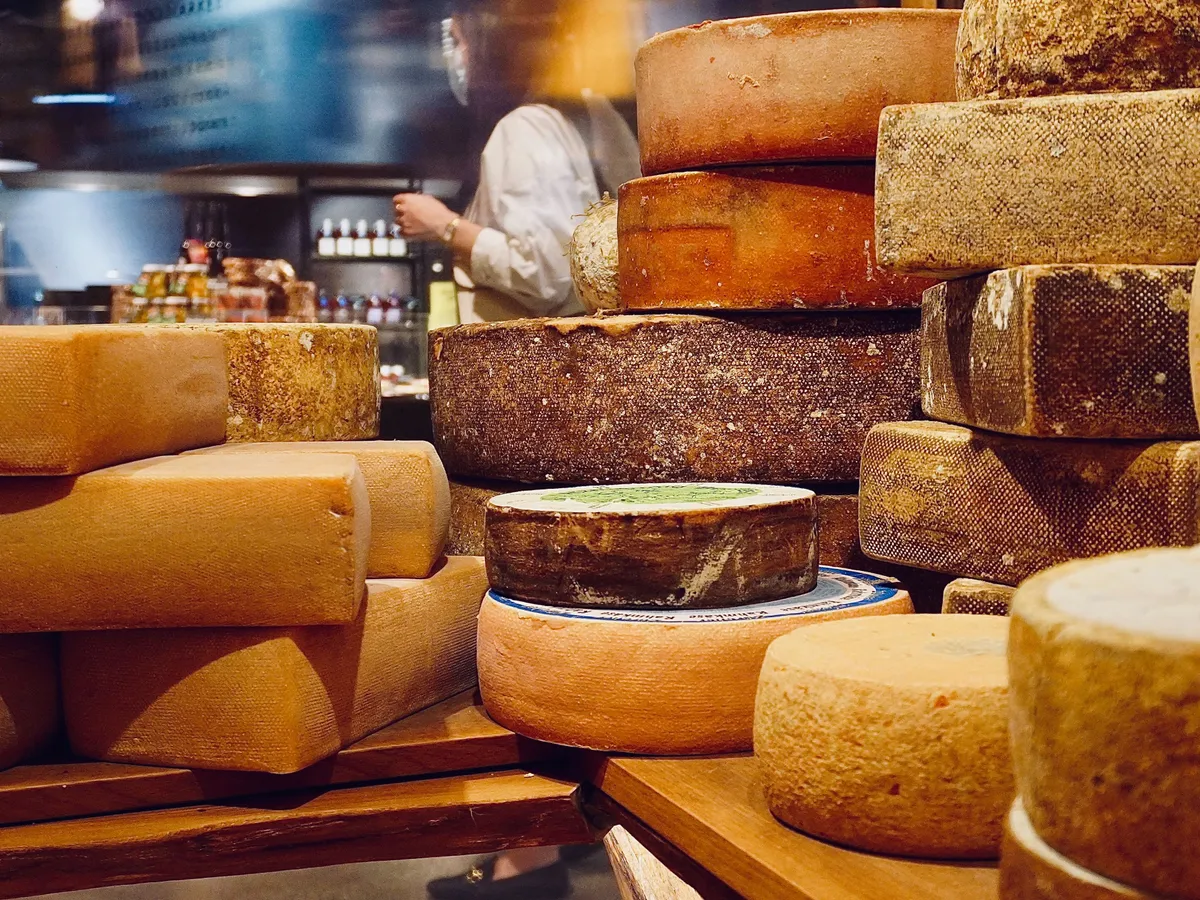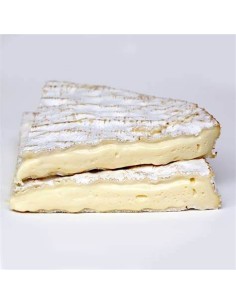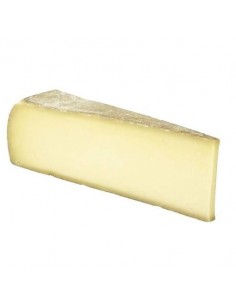- Maison Puyvalin
- French Gastronomy
- 0 likes
- 2612 views
- 0 comments
How to Preserve and Make the Most of Your French Cheeses
French cheeses are a true culinary delight, but to fully enjoy their flavour and texture, it is essential to know how to store them properly. Whether you have purchased a cream cheese, a hard cheese or a blue cheese, each type has its own storage needs. In this article, we give you some essential tips for preserving your French cheeses and getting the most out of them.

1. Conservation in the Refrigerator: Keys for Each Type of Cheese
Most French cheeses should be stored in the fridge to maintain their freshness. However, the type of cheese influences how and how long it should be stored. Here are the key points depending on the type of cheese:
- Ideal temperature: Cheeses should be stored in the coolest part of the refrigerator, usually in the vegetable drawer, where the temperature is more constant. The ideal temperature for most cheeses is between 4°C and 8°C. If the temperature is too low, cheeses may lose some of their flavor and texture.
- Suitable packaging:
- Soft cheeses like Camembert , Brie , or Munster need to breathe to maintain their creaminess, so wrapping them in cheese paper or wax paper is recommended. Plastic can trap moisture and cause the cheese to spoil more quickly.
- Hard cheeses such as Comté , Gruyère or Emmental can dry out easily, so it is advisable to wrap them in a damp cloth or cheese paper. You can also use a plastic box with small holes to allow some ventilation.
- Tupperware: If you prefer to use containers, a glass Tupperware is the best option, as it maintains humidity better and prevents odors from mixing.
How Long Can You Store Cheese?
- Fresh cheeses: Up to 2 weeks in refrigeration.
- Soft cheeses: These can last from 1 to 3 weeks. After that time, they will start to become more acidic.
- Pressed cheeses: They can be stored for up to 7 weeks without any problem, as long as they are well wrapped to prevent them from drying out.
- Hard cheeses: They can be stored for 4 to 10 months.
- Blue cheeses: Such as Roquefort or Bleu d'Auvergne, these can be kept for about 2 to 3 weeks, but they should be checked periodically to prevent unwanted mold from developing.
2. Is the Freezer an Option?
Freezing cheeses is a controversial practice, as it can alter the texture and flavor of some cheeses, especially softer ones. However, in situations where you need to preserve cheeses for longer, the freezer can be useful, especially with hard cheeses. Here are some tips on how to freeze and what to expect:
- Freezing hard cheeses: Cheeses such as Gruyère , Comté , Cheddar and the like can be frozen for 2 to 3 months without much loss of flavour. Make sure to cut them into small portions, wrap them in cling film and then place them in an airtight bag.
- Freezing soft cheeses: Cheeses such as Brie or Camembert do not respond well to freezing. When thawed, they tend to lose their creamy texture and become grainy.
- Blue cheeses: You can freeze blue cheeses like Roquefort or Bleu , but they lose some of their creaminess.
3. Take Them Out in Advance Before Consuming
To enjoy your French cheeses at their best, it's essential to take them out of the refrigerator at least 30 minutes before serving. Cold cheeses don't release all their aromas and flavors, so allowing them to come to room temperature enhances the tasting experience.
4. The Right Cut
The way you cut your cheese also influences how you will enjoy it. We will talk more in detail about how to cut cheeses in a future post, where we will show you the proper techniques for different types of cheese.
5. Avoid Mixing Flavors
When storing different types of cheese in the refrigerator, it is advisable to wrap them separately, as some have very strong odors that can influence the taste of others.
6. Enjoy the Remains
- Fondue: Cheeses that are drying out can be an excellent base for a delicious fondue.
- Gratinating: Hard cheeses are perfect for gratinating dishes such as lasagna or pasta.
- Sauces and dressings: Creamy cheeses can be transformed into a delicious sauce to accompany meats or salads.
7. How to Enjoy Your French Cheeses
- Fresh bread: A crusty baguette is the best accompaniment to most cheeses.
- Fruits: Grapes, figs and pears complement the flavours of cheeses such as Roquefort or Brie very well.
- Wine: Crisp white wines pair well with mild cheeses, while red wines are ideal for intensely flavored cheeses.
Conclusion: Knowing how to preserve your French cheeses is key to enjoying them at their best. So don't hesitate to experiment with new combinations and enjoy authentic French flavor this fall!







Comments (0)